Welcome to the FAQs section on Indonesia tours! If you're planning your trip to Indonesia, we hope the following information will be useful. Should you have any questions that aren't covered here, please don't hesitate to contact us. Explore freely! There are experiences awaiting you beyond the standard itineraries. Dive into the most frequently asked questions about Indonesia below:
About indonesia
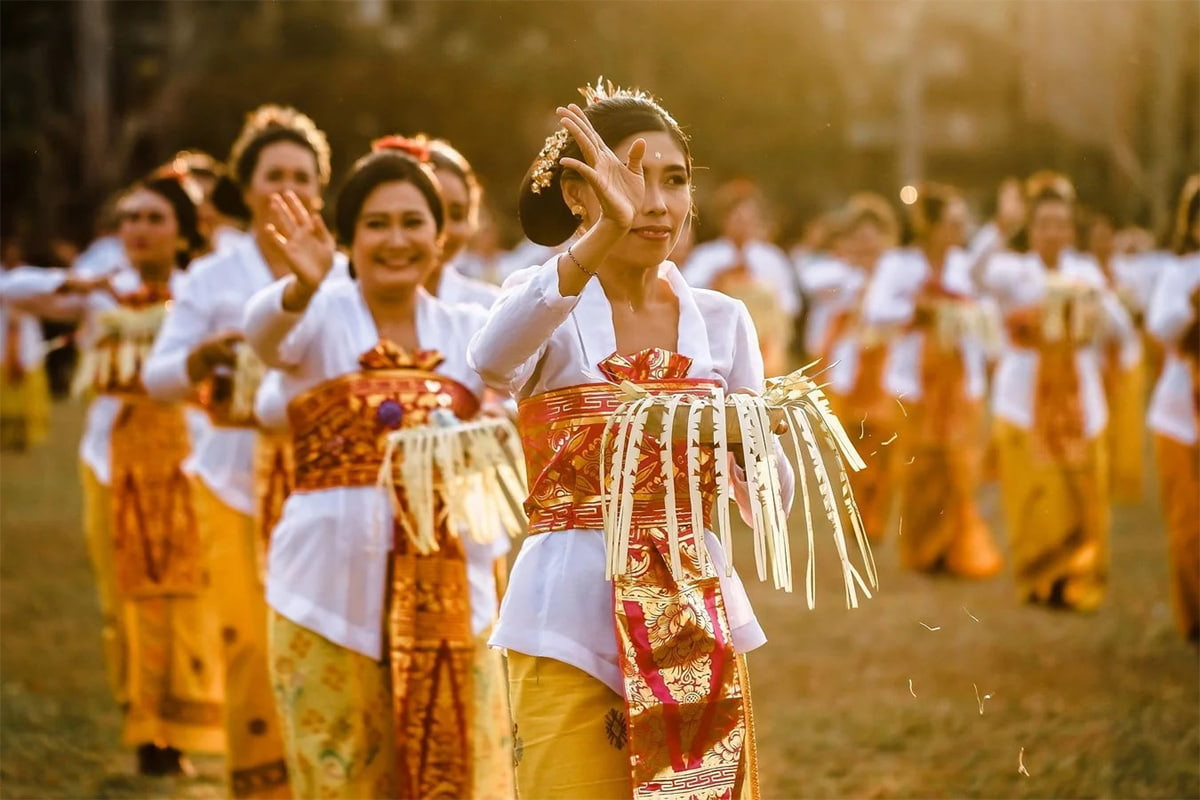
Indonesia is a Southeast Asian country located between the Indian and Pacific Oceans. It consists of over 17,000 islands, including major ones like Java, Sumatra, Borneo (shared with Malaysia and Brunei), Sulawesi, and parts of New Guinea.
Yes, Indonesia is generally safe for tourists. However, like any destination, travelers should stay aware of local advisories, follow safety tips, and exercise caution in crowded areas or during outdoor adventures.
The official language is Bahasa Indonesia. Many Indonesians also speak local languages like Javanese, Sundanese, and Balinese, and English is commonly spoken in tourist areas.
Indonesia has a tropical climate with warm temperatures year-round and high humidity. The country experiences two main seasons: dry and rainy. The best time to visit is during the dry season, from May to September, when the weather is sunny and ideal for outdoor activities like beach trips, hiking, and sightseeing.
Weather in Indonesia:
- Dry Season (May – September): 26°C to 32°C (79°F to 90°F), sunny and less humid, best for travel and island exploration.
- Rainy Season (October – April): 24°C to 30°C (75°F to 86°F), high humidity with frequent tropical showers, especially in the afternoons. Some areas may experience flooding or travel delays.
The official currency is the Indonesian Rupiah (IDR), available in coins (Rp 100, 200, 500, 1,000) and banknotes (Rp 1,000, 2,000, 5,000, 10,000, 20,000, 50,000, and 100,000).
1 USD = 16,000 IDR
Indonesia's international dialing code is +62.
Indonesia is religiously diverse. About 87% of the population is Muslim. Christians make up 10% (7% Protestant, 3% Catholic), Hindus 1.7% (mainly in Bali), Buddhists 0.7%, and Confucians less than 0.1%.
PLANNING YOUR INDONESIA TRIPS
Around $25–50 USD/day, depending on your travel style.
- Street food snack: ~$1–2 USD
- Bottle of beer in a bar or restaurant: ~$2–4 USD
- Banquet in a small, locally-run restaurant: ~$10–15 USD (for 2–3 people)
- Dinner in a high-end hotel restaurant: ~$25–50 USD per person
Citizens from Brunei, Cambodia, Laos, Malaysia, Myanmar, Philippines, Singapore, Thailand, Vietnam, and Timor Leste can enter Indonesia without a visa. They are granted visa-free entry for a short-term stay, typically up to 30 days.
You have the option to apply for a visa online by filling out the designated application form.
Documents Required for Indonesia Visa Application:
- Passport valid for at least 6 months
- Visa application form (online for e-VOA)
- Return or onward flight ticket
- Hotel booking or invitation letter from host
- Passport-size photo (for embassy application)
- Proof of financial means (e.g., bank statement)
- COVID-19 vaccination certificate (if required)
If you have any difficulties while applying Indonesia, our travel expert will support you 24/7. Contact Us
No, Indonesia does not have a general restriction on nationalities for visa issuance.
Most tourist visas for Indonesia are processed within 5 working days, but applications may take longer if information is missing or incomplete. It is advisable to apply at least two weeks before your trip to account for potential delays.
- Visa on Arrival (VOA) for 30 days: Approximately $35 USD.
- Single Entry Tourist Visa: Around $50 USD.
- Multiple Entry Visit Visa (1 year): Around $100 USD.
- Limited Stay Visa: Approximately $150 USD.
Most tourist visas allow 30 days, extendable once for another 30 days.
Not legally required, but strongly recommended for medical and trip coverage.
You can travel to Indonesia by international flight through major airports such as Soekarno–Hatta International Airport (CGK) in Jakarta and Ngurah Rai International Airport (DPS) in Bali. Jakarta’s CGK is the country’s main international gateway and a hub for airlines like Garuda Indonesia, Lion Air, and Batik Air, with direct flights from cities such as Singapore, Tokyo, Sydney, and Amsterdam. Bali’s DPS airport is popular with tourists and served by carriers like AirAsia, Jetstar, Qatar Airways, Singapore Airlines, and Emirates, offering direct routes from Australia, Southeast Asia, and the Middle East. Other international airports include Surabaya (SUB), Medan (KNO), and Makassar (UPG). Major airlines flying to Indonesia include Garuda Indonesia, Singapore Airlines, Qatar Airways, Emirates, AirAsia, and Malaysia Airlines.
As of now, face masks are not mandatory, but are encouraged in crowded indoor areas.
Most restrictions have been lifted. Proof of vaccination may be requested at entry, but check the latest official updates before traveling.
You can take airport taxis, use ride-hailing apps like Gojek or Grab, or arrange a hotel shuttle in advance.
- Airport taxis are available at official counters; fares range from IDR 150,000 - 300,000 (~$10 - 20 USD) depending on distance and traffic.
- Gojek/Grab are often cheaper, typically IDR 100,000 - 200,000 (~$7 - 14 USD) for a ride to central city areas.
- Hotel shuttles may be free for upscale hotels or cost IDR 100,000 - 250,000 (~$7 - 17 USD).
Go Indonesia Tours also provide airport transport for you, which make your Indonesia Tour most convenient. Contact us for booking.
- Domestic flights (e.g., between Bali and Jakarta) are common and affordable, starting from IDR 500,000–1,500,000 (~$30–100 USD), depending on route and season.
- Trains (mainly on Java Island) are comfortable and cheap, with tickets from IDR 100,000–500,000 (~$7–35 USD) depending on class and distance.
- Buses and minibuses operate across cities and islands; fares range from IDR 30,000–200,000 (~$2–14 USD).
- Ferries connect major islands (e.g., Java to Bali, Lombok); ticket prices start from IDR 50,000 (~$3 USD) for basic service.
- Motorbike rentals cost about IDR 60,000–100,000/day ($4–7 USD), and car rentals with driver range from IDR 500,000–800,000/day ($30–50 USD).
Wear light, breathable clothing suitable for tropical weather - such as cotton shirts, T-shirts, shorts, and dresses. However, modest clothing is recommended, especially in rural areas, religious sites, or Muslim-majority regions.
When visiting temples or mosques, you should cover your shoulders and knees; a sarong or scarf can be useful. In Bali, sarongs are often provided at temples.
For hiking or outdoor activities, wear comfortable shoes, a hat, and sun protection. Bring a light jacket or raincoat during the rainy season (usually November to March).
Indonesia offers a wide range of accommodation options to suit all budgets:
- Budget hostels or guesthouses: from IDR 100,000–250,000/night (~$7–17 USD)
- Mid-range hotels or boutique stays: IDR 300,000–700,000/night (~$20–45 USD)
- Luxury hotels and resorts: from IDR 1,000,000/night (~$65 USD) and up
- Homestays (especially in villages or Bali): around IDR 150,000–400,000/night (~$10–28 USD)
- Villa rentals (popular in Bali): prices range from IDR 700,000–3,000,000/night (~$45–200 USD), depending on size and location
Indonesia has both Western-style and squat toilets. Western toilets are common in hotels and tourist areas, while squat toilets are found in rural or public places. It’s a good idea to carry toilet paper and hand sanitizer, as these are not always provided. Many toilets use a bucket or spray hose for cleaning instead of toilet paper.
Yes, LGBT travelers can visit, but public displays of affection are best avoided in conservative areas.
Yes, especially mosquitoes. Use repellents and sleep with nets if needed.
Yes, many restaurants offer vegetarian options. To be clear, say: “Tidak ada daging, ikan, atau ayam” (No meat, fish, or chicken). Look for dishes like gado-gado, tempeh, nasi goreng sayur, or vegetarian curry.
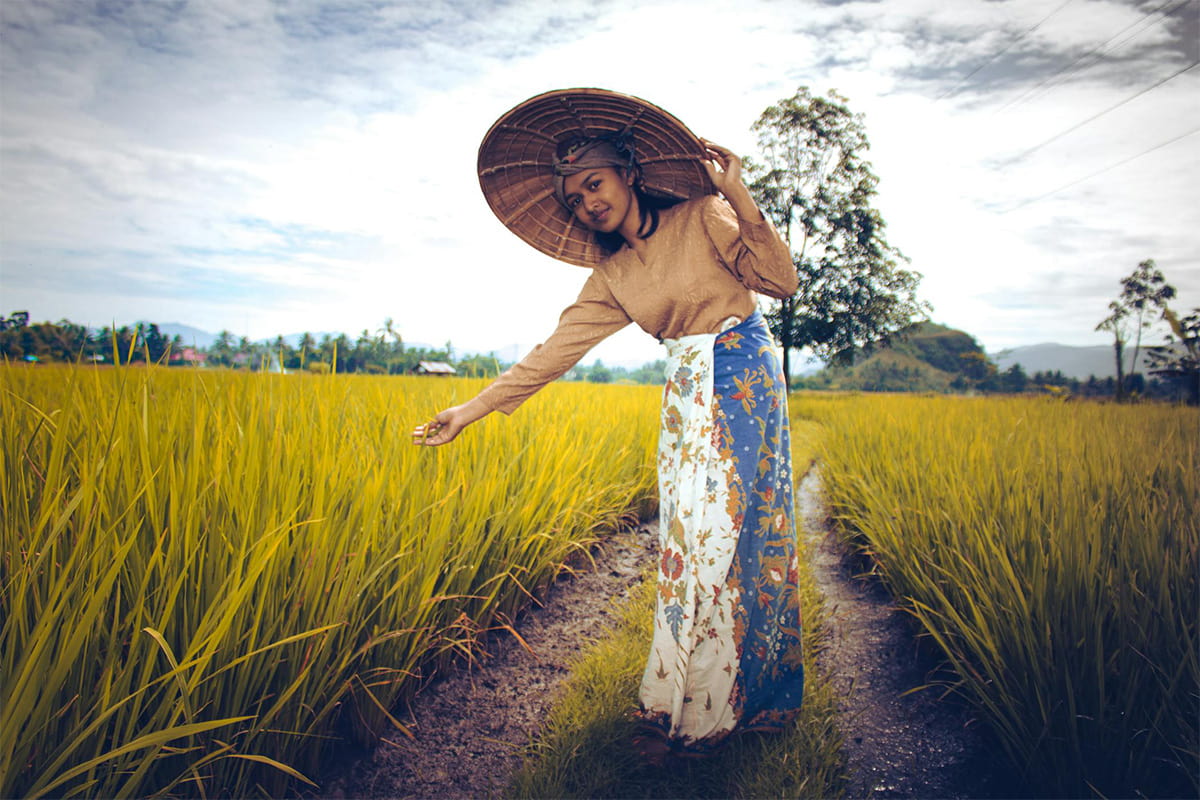
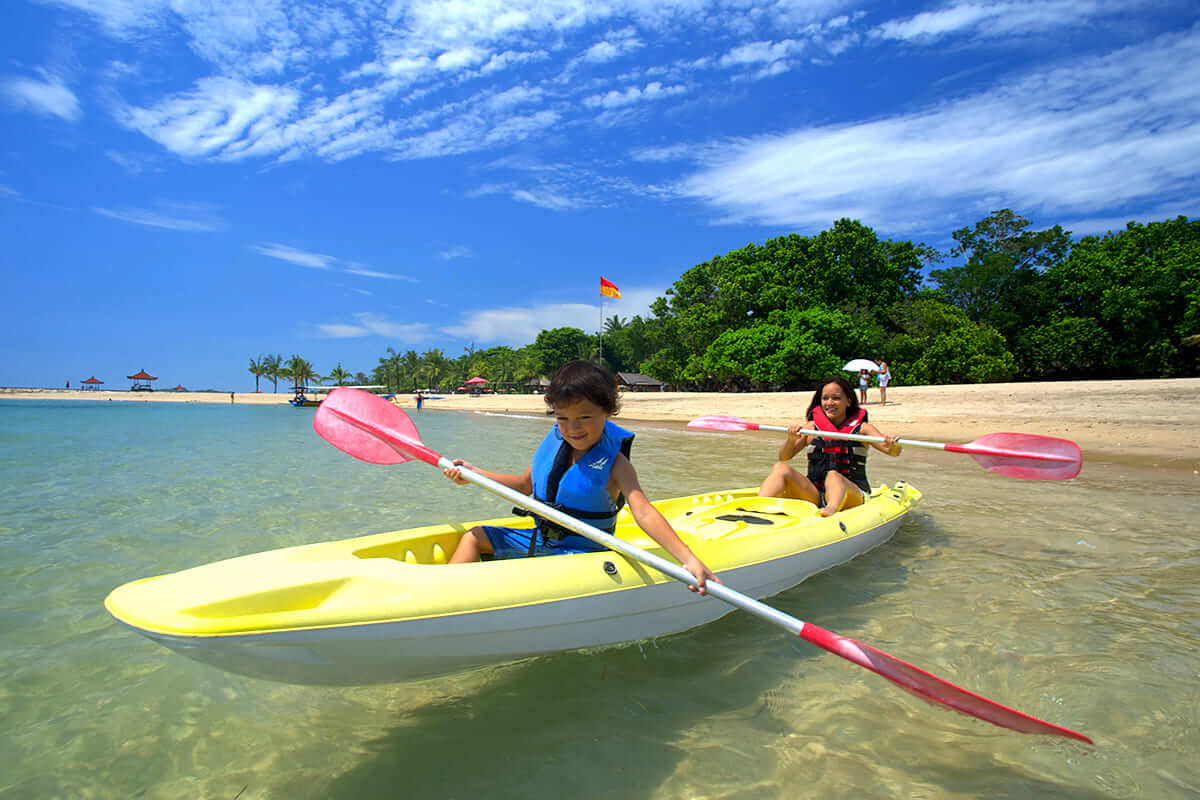
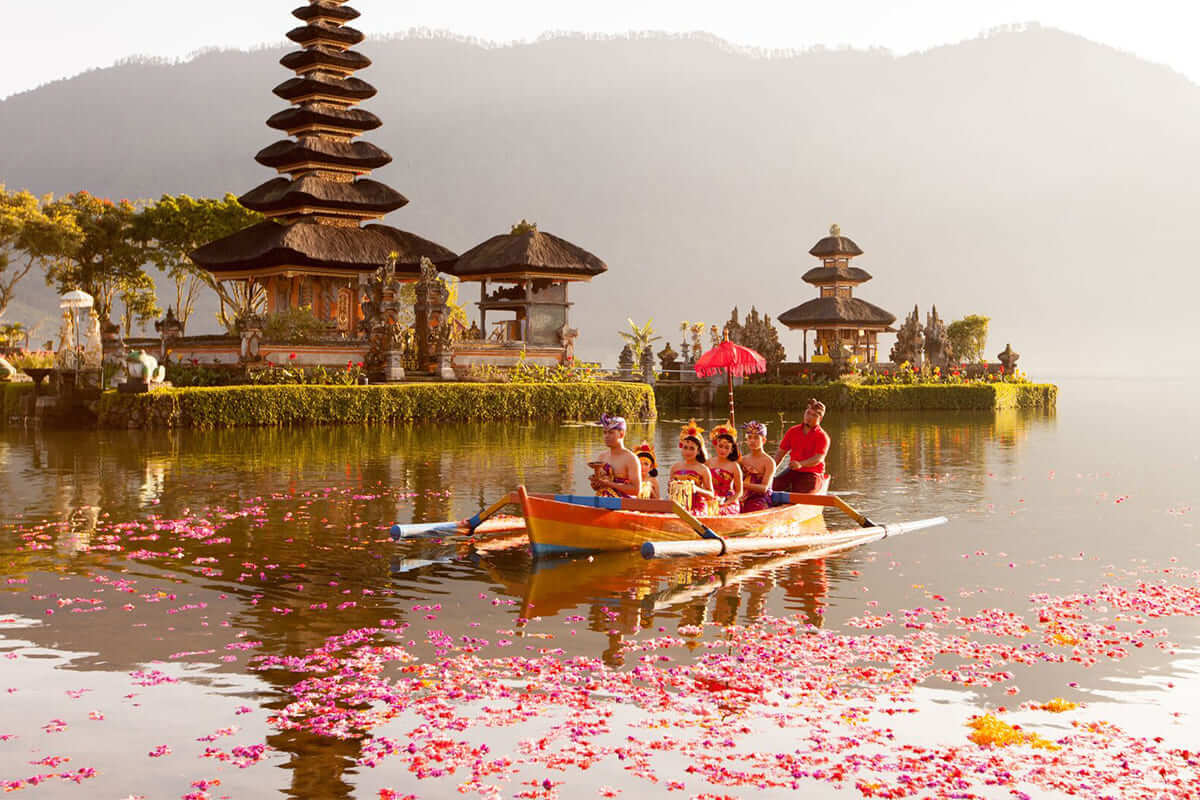
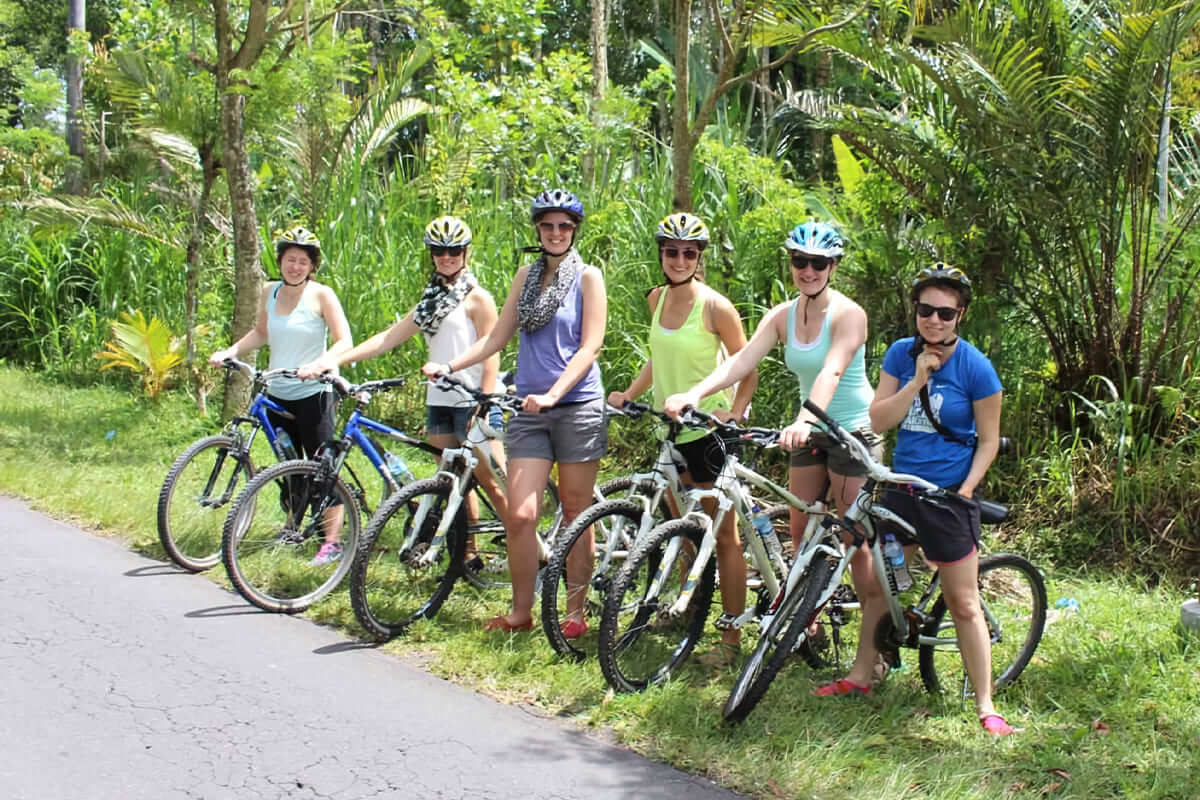
DURING YOUR INDONESIA TOURS
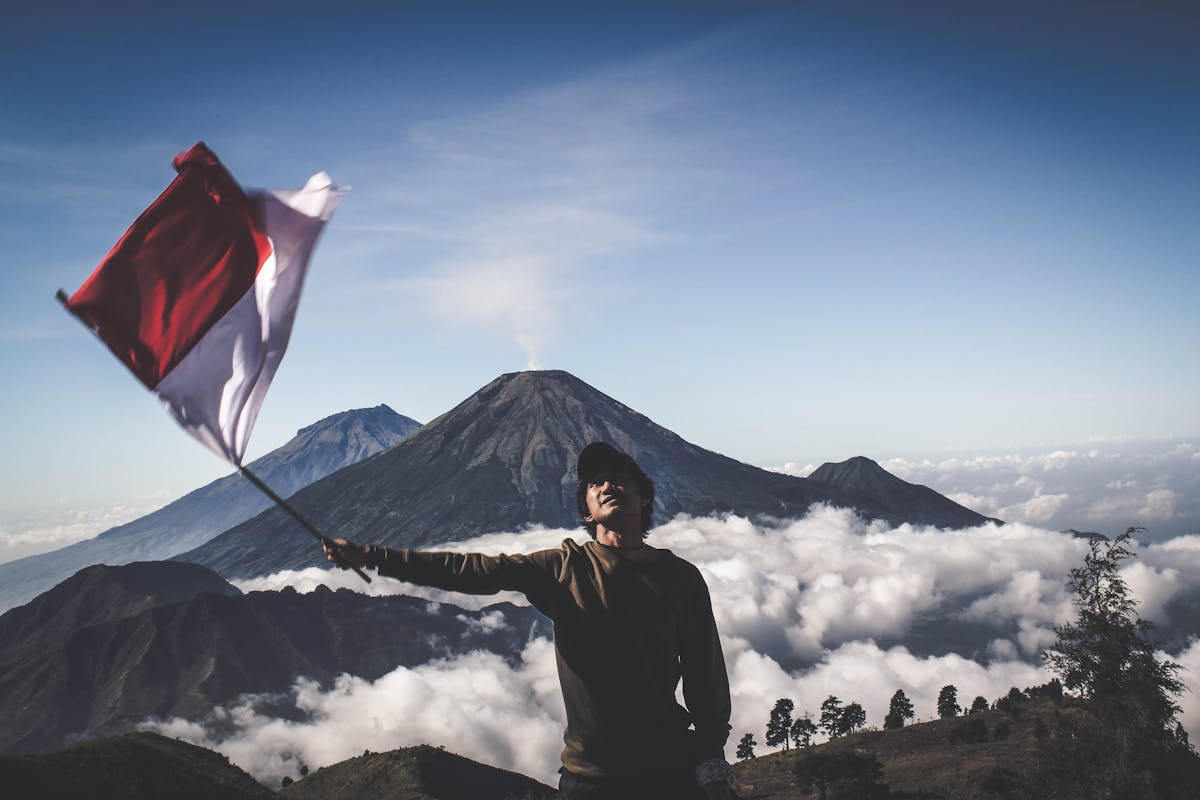
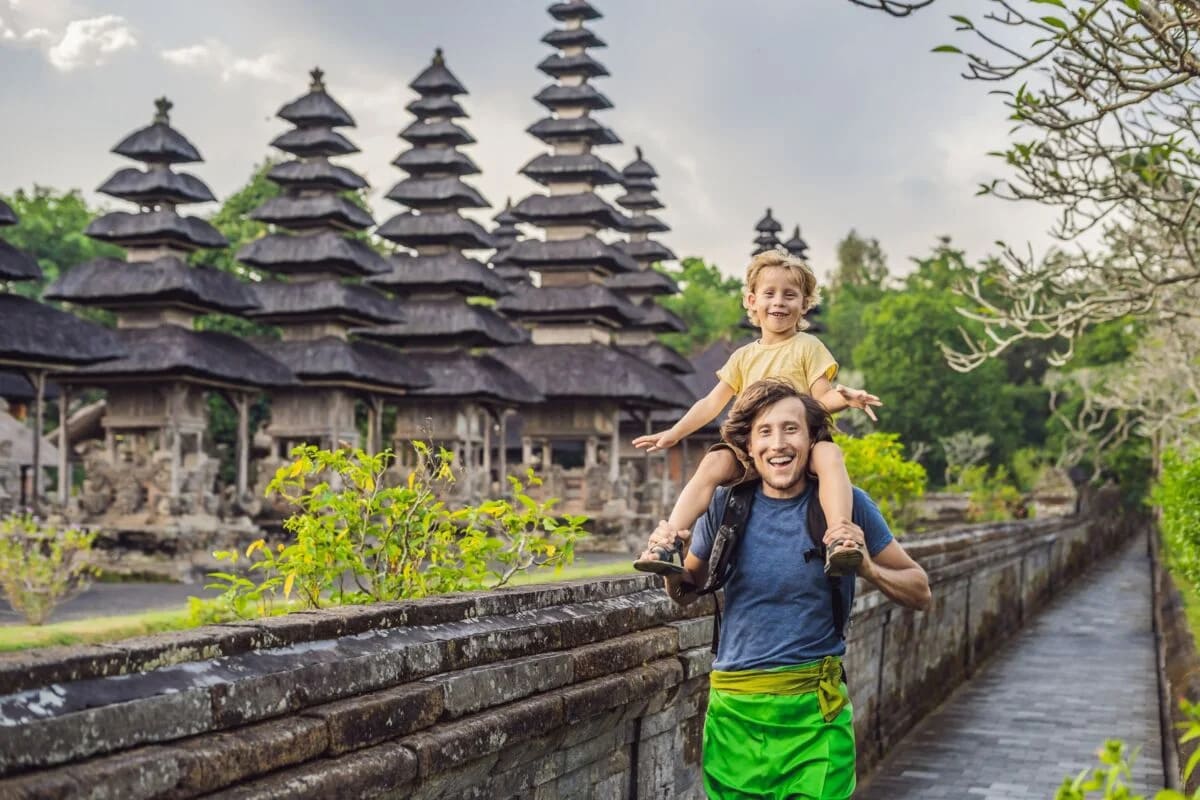
Indonesia uses Type C and F plugs (230V, 50Hz). Bring a universal adapter if needed.
Yes, Indonesia has visitor information centres located at airports, popular tourist attractions, and city centers. These centres provide maps, brochures, local travel tips, and staff who often speak English. For example, the Bali Tourism Information Center can be found in Denpasar and at Ngurah Rai International Airport (DPS). In Jakarta, there are centres at Soekarno–Hatta Airport (CGK) and Gambir Train Station. Yogyakarta has a centre near Malioboro Street, while Lombok offers information services in Mataram, and Bandung has a centre in the Alun-Alun area. Most centres operate from 8 AM to 4 PM, though those at airports may open longer.
At airports, banks, money changers in cities, or authorized booths (check rates and fees).
Go Indonesia also help you to exchange money at suitable rate.
You may bring up to IDR 100,000,000 (~$6,500 USD) without declaration. Declare if more.
Yes, credit cards (especially Visa and MasterCard) are widely accepted in hotels, shopping malls, restaurants, and airports in major cities like Jakarta, Bali, Surabaya, and Yogyakarta. However, smaller shops, markets, and rural areas may accept cash only, so it’s good to carry some Indonesian Rupiah (IDR).
ATMs are widely available and support most international cards. Machines typically allow withdrawals of IDR 1,000,000–3,000,000 per transaction. Make sure your card is enabled for international use, and check if your bank charges foreign transaction fees. Most ATMs offer English-language options for ease of use.
Yes, if your phone is unlocked. You can use a local SIM or activate international roaming.
Yes, mobile data services are available in Mongolia through providers like Unitel, Mobicom, and G-Mobile. Coverage is good in cities like Ulaanbaatar, but may be weak in rural areas. Tourist SIM cards with data packages are easy to buy at airports and shops, with prices starting from 10,000 MNT (~$3).
Available at the airport, mobile shops, or convenience stores. Major providers include Unitel, Mobicom, and G-Mobile.
No strict rules, but modest clothing is appreciated, especially in religious sites and rural areas.
A guide is not required, but having one can enhance your experience - especially in cultural or remote areas like Yogyakarta, Bali, or Komodo. Guides can help with language, local customs, and navigating less touristy places.
- Ubud (Bali): Great for wood carvings, paintings, and silver jewelry.
- Pasar Beringharjo (Yogyakarta): Famous for batik fabric and traditional souvenirs.
- Sukawati Art Market (Bali): Affordable handmade goods and crafts.
- Jakarta (Sarinah or Grand Indonesia): Higher-end souvenirs and handicrafts.
Yes. You are not allowed to export:
- Cultural artifacts or antiques
- Wildlife or products made from endangered species (e.g. turtle shells, ivory)
- Certain plants, live animals, or agricultural items
- Illegal substances – Indonesia has very strict drug laws
Emergency numbers:
- Police: 110
- Ambulance: 118 or 119
- Fire Department: 113
Your country's embassy or consulate.
Yes. Many popular tourist sites like Borobudur Temple, Prambanan Temple, and Komodo National Park charge entrance fees.
Fees can range from IDR 20,000 to 500,000 (around $1 to $35 USD), depending on the location and whether you are a local or foreign tourist.

